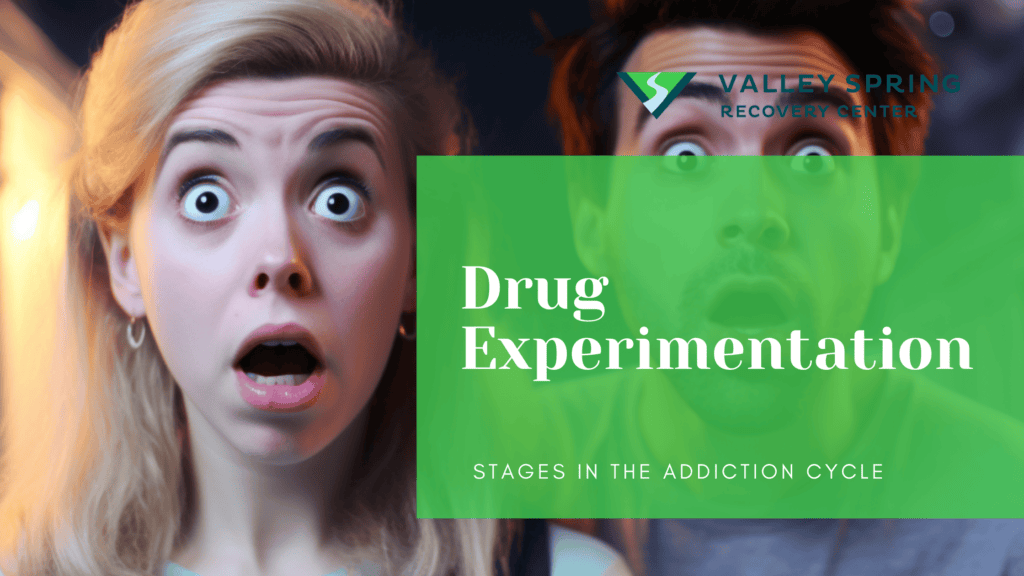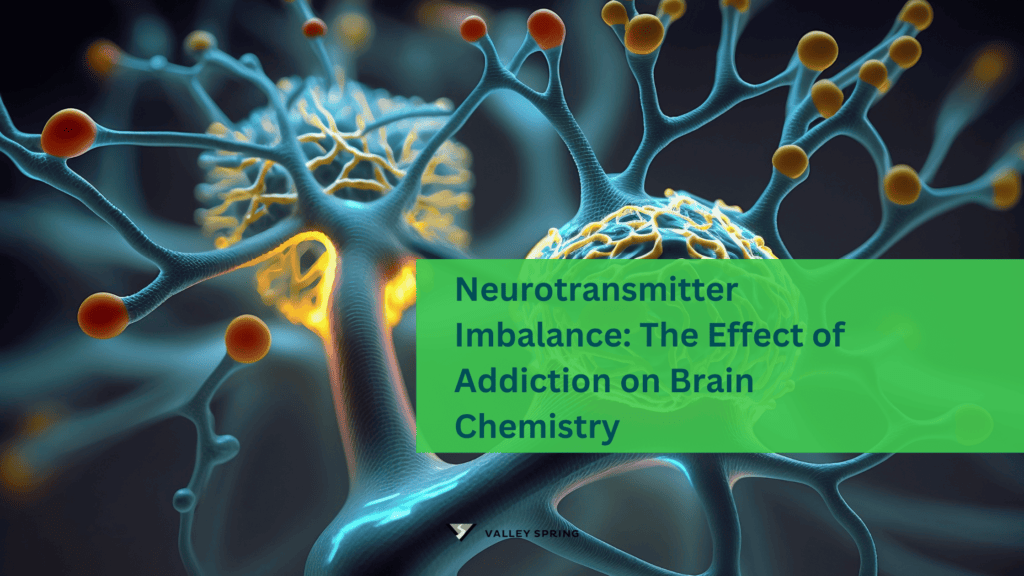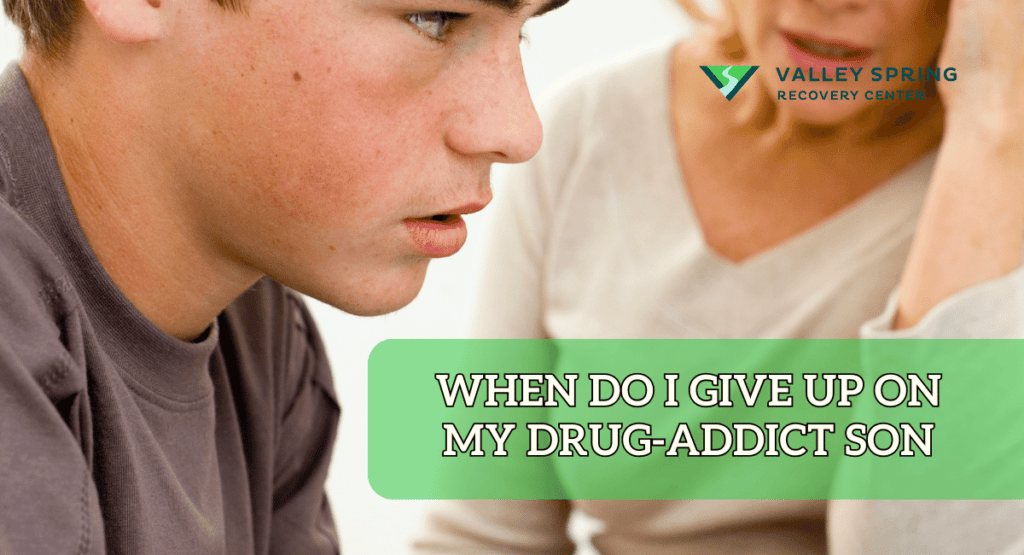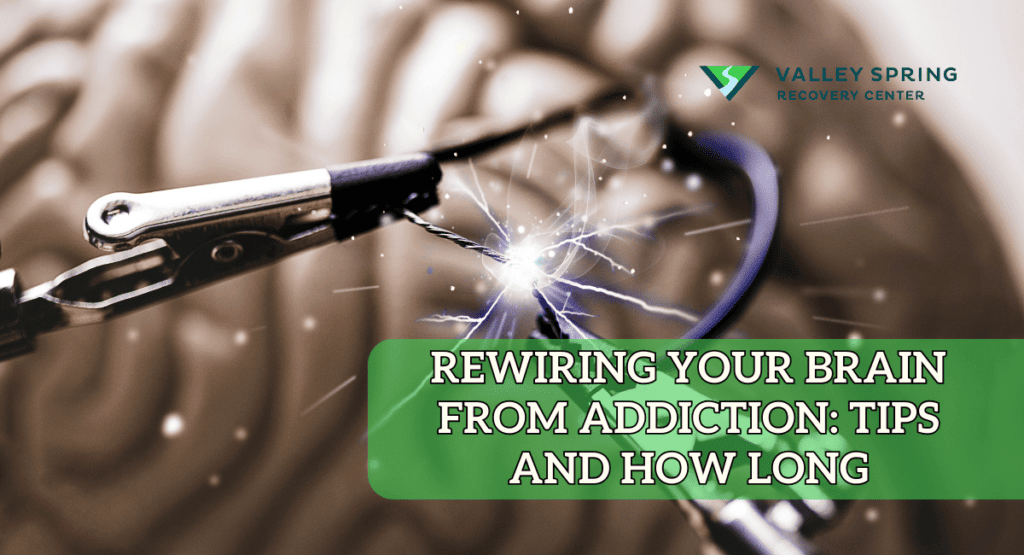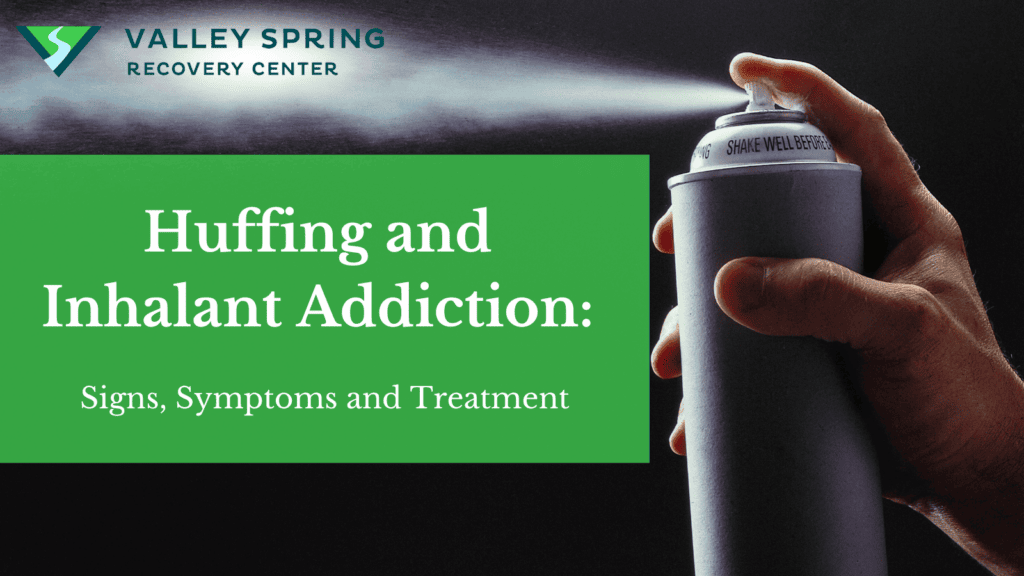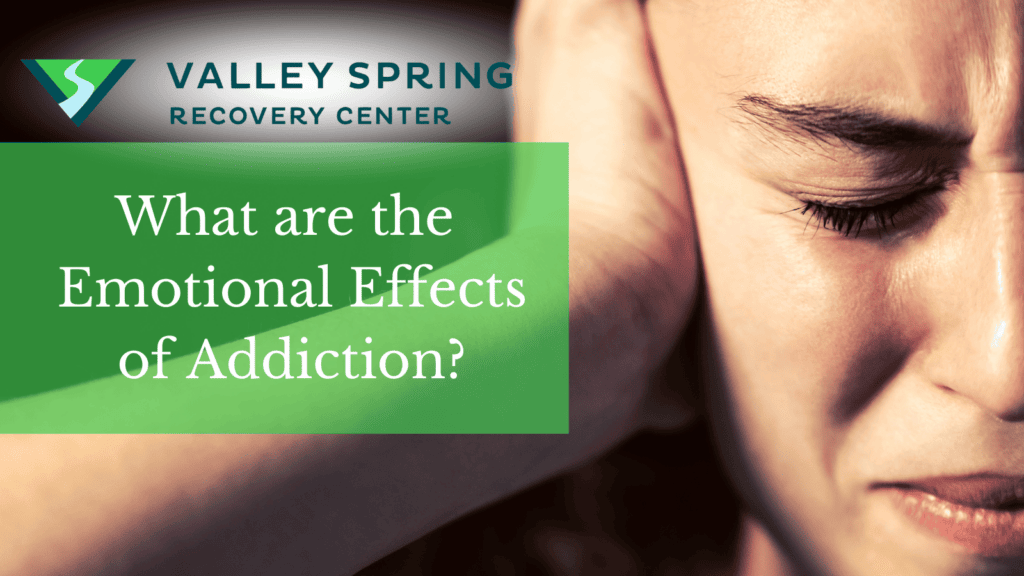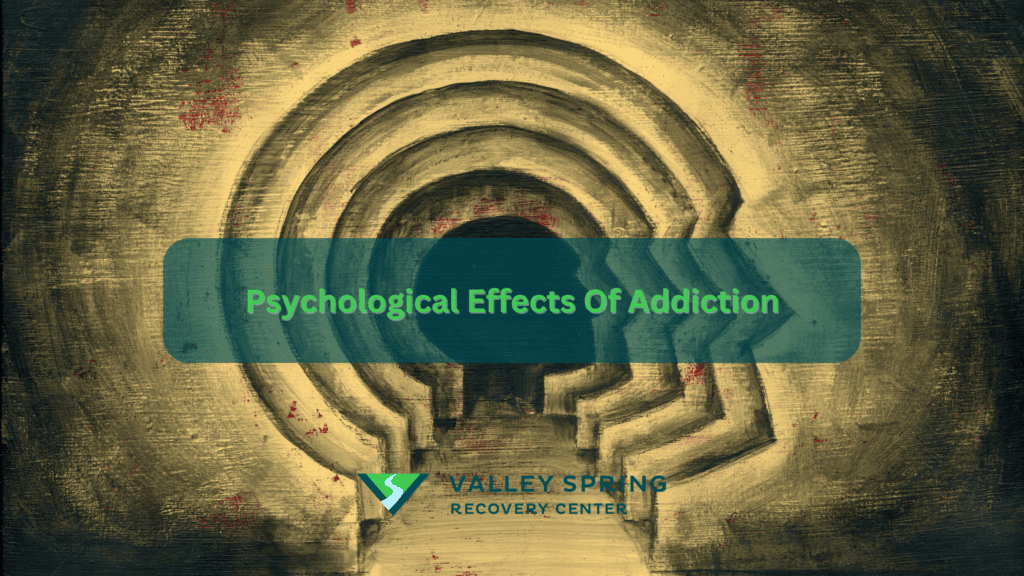Drug experimentation is a stage within the complex journey of drug addiction, characterized by individuals exploring and engaging in substance use for various reasons. People who experiment with drugs or alcohol do it as a one-time thing for the purpose of experiencing the effects of the drug or to get over a certain emotional or mental state.. Some individuals may also do it out of curiosity, peer influence, or as a coping mechanism. However this is done, it is unhealthy and can become a precursor to active drug addiction.
The effects of drug experimentation can range from instant impaired decision-making to social and emotional strain, addiction vulnerability, and health challenges. While it may look like a quick getaway from reality, the consequences and risks of experimenting with drugs can be devastating.
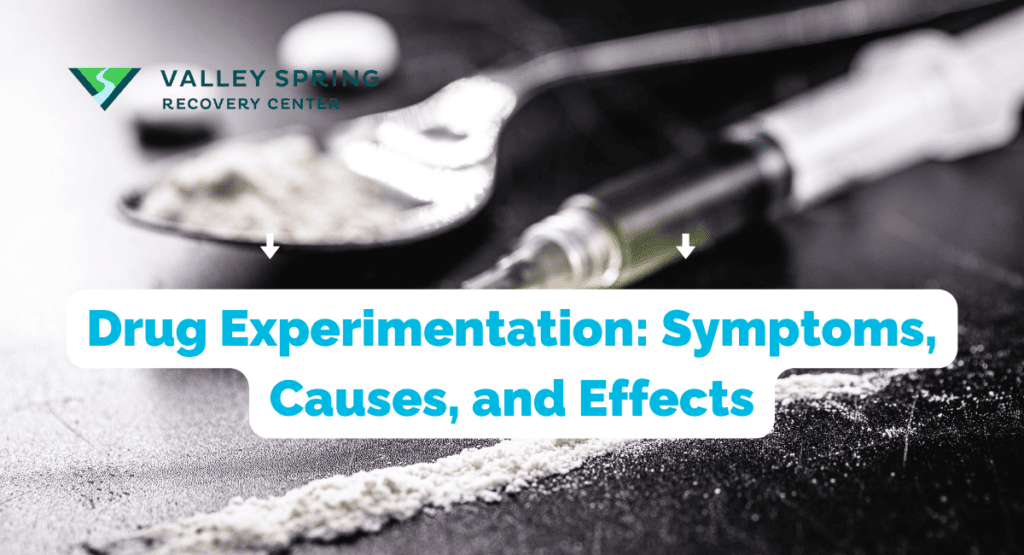
What is Drug Experimentation?
Drug experimentation is the act of trying or using drugs recreationally, often driven by curiosity, peer influence, or personal circumstances. It represents an initial step in the continuum of substance use, where individuals are motivated by a desire to experience altered states of consciousness or to cope with certain emotions or situations.
Drug experimentation is the first stage in the cycle and journey to full-blown drug addiction, preceding drug abuse, drug tolerance and dependence, and eventual recovery. Drug experimentation is also the most common in adolescents among all the phases of drug addiction, as reported by the Monitoring The Future (MTF) study conducted by the University of Michigan. The report states that in 2020, approximately 35% of high school seniors in the United States had experimented with illicit drugs at least once.
Engaging in drug experimentation, regardless of the substance involved—be it alcohol, marijuana, or prescription medication—poses a significant risk of developing addiction. It is important to understand that one’s perceived ability to handle the drug does not necessarily safeguard against the dangers that drug experimentation entails. The potential consequences of such experimentation can swiftly manifest and pose serious risks to individuals involved.

What are the Causes of Drug Experimentation?
The cause of drug experimentation can vary from person to person and can be influenced by environmental, social, and personal decisions. An article by the National Institute on Drug Abuse (NIDA) highlights that curiosity, social influences, and a desire for novel experiences are common reasons for drug experimentation among adolescents and young adults.
1. Curiosity
Curiosity can be a significant cause of drug experimentation because it drives individuals to seek new experiences and explore the unknown. Curiosity about drugs often arises from various sources, such as hearing about drug experiences from others, media portrayals, or societal discussions. Individuals may become intrigued by the altered states of consciousness or sensory experiences that drugs can induce. They might be curious about how different substances affect their perceptions, emotions, or cognitive functions.
2. Peer Influence
Peer influence is a significant cause of drug experimentation, particularly during adolescence and young adulthood, when individuals are highly influenced by their social circles. Young people might experiment with drugs and other harmful substances for the sake of social acceptance and belonging perceived benefits, or even peer pressure. Some people may also engage in their first drug use by modeling the behavior of their peers.
3. Coping Mechanisms
Some individuals turn to drug experimentation to cope with post-trauma, stress, emotional challenges, or underlying mental health issues, such as depression or anxiety. Substances like opioids, benzodiazepines, alcohol, and cannabis can be used by people going through mental, emotional, and even physical pain to relieve symptoms of depression and anxiety. However, the relief that can be gotten from using these substances is temporary and can lead people deeper into the hole of addiction.
4. Cultural and Societal Influences
Cultural norms, media portrayals, and societal attitudes toward drug use can shape individuals’ perceptions and influence their willingness to experiment with drugs. Cultural acceptance or normalization of drug use can play a role in facilitating experimentation.
6. Genetic and Biological Factors
Genetic and biological factors can contribute to an individual’s susceptibility to drug experimentation. While they may not directly cause drug experimentation, they can influence certain predispositions and vulnerabilities that increase the likelihood of engaging in such behaviors.
Biological factors, including enzyme activity and metabolism, can affect an individual’s drug sensitivity. Some individuals may metabolize substances more slowly or rapidly, leading to variations in drug effects and potentially heightened or prolonged experiences. This heightened sensitivity or altered drug response may contribute to the appeal or curiosity surrounding drug experimentation.
7. Personal Factors
Personal factors, such as low self-esteem, a lack of coping skills, a history of trauma, or a predisposition to seek novel experiences, can contribute to drug experimentation. These factors may make individuals more susceptible to trying drugs as a means of self-exploration or self-medication.
It is essential to recognize that these causes are multifaceted and often interact with one another. Each individual’s journey with drug experimentation is unique and influenced by a combination of these factors. By understanding the causes, we can develop effective prevention strategies and interventions to address the underlying motivations and reduce the risks associated with drug experimentation.
What Are the Signs That Someone Is Experimenting With Drugs?
The signs that someone might be experimenting with drugs and other substances can be challenging to notice because this is only a one-time thing, and the individual may go to great lengths to conceal their activities. These signs are far from what one might experience in the full-blown drug addiction phase. However, there are several behavioral, physical, and psychological signs that may indicate drug experimentation. It is important to note that these signs are not definitive proof of drug use, but they can serve as possible indicators.
- Sudden and unexplained changes in social circles, friends, or peer groups.
- A decline in academic or work performance, loss of interest, or increased absenteeism.
- Uncharacteristic or unpredictable behavior, such as mood swings, irritability, or aggression.
- Increased secrecy, withdrawal from family and friends, or a loss of interest in previously enjoyed activities.
- Bloodshot or glazed eyes, dilated or constricted pupils.
- Sudden weight loss or gain, changes in appetite.
- Frequent nosebleeds, sniffing, or a runny nose (for individuals using drugs that are snorted).
- Slurred speech, impaired coordination, or unsteady gait.
- Poor hygiene, lack of grooming, or a disheveled appearance.
- Neglecting personal responsibilities, such as household chores or self-care.
- Insomnia or excessive sleepiness.
- Irregular sleep patterns, such as staying up all night or sleeping during the day.
- Discovering drug paraphernalia, such as pipes, needles, small plastic bags, or rolled-up dollar bills.
- Finding drug-related items like burnt spoons, lighters, or foil with burn marks.
- Sudden and unexplained changes in mood or personality.
- Increased anxiety, paranoia, or depression.
- Decreased motivation or loss of interest in future goals.
- Memory problems, confusion, or difficulty concentrating.
If you notice these signs in your loved one, it is important to approach the situation with empathy and support. Consider having an open and non-judgmental conversation with them. Encouraging them to seek professional help or connecting them with appropriate resources can be crucial in addressing the issue effectively.
Is Drug Experimentation Common Among Adults?
While drug experimentation is often associated with adolescence, it is not uncommon among adults. Factors such as life changes, exposure to new social circles, or the desire for new experiences can lead adults to experiment with drugs.
Can Drug Experimentation Lead to Other Risky Behaviors?
Yes, drug experimentation can be associated with other risky behaviors, such as unprotected sex, driving under the influence, or experimenting with multiple substances simultaneously. The impaired judgment resulting from drug use can contribute to these behaviors.

What are the Effects of Drug Experimentation?
Drug experimentation can have a range of effects on individuals, encompassing physical, psychological, social, and legal consequences. While the specific effects can vary depending on the drug used, the frequency and duration of experimentation, and individual factors, here are some common effects:
Short-Term Effects
- Immediate physical changes, such as altered heart rate, blood pressure, and body temperature.
- Symptoms like nausea, dizziness, impaired coordination, and increased risk of accidents or injuries.
- Mood alterations, ranging from euphoria and increased confidence to anxiety, agitation, or depression.
- Impaired judgment, problem-solving, and decision-making abilities.
- Risk of acute overdose or adverse reactions, depending on the drug and dosage.
Long-Term Effects
- Physical health consequences, such as organ damage (e.g., liver damage from alcohol, kidney damage from certain drugs), cardiovascular issues, respiratory problems, compromised immune system, and increased risk of chronic diseases.
- Increased risk of developing mental health disorders, such as anxiety disorders, depression, psychosis, and substance-induced mood disorders.
- Strained relationships with family, friends, and romantic partners due to changes in behavior and increased secrecy.
- Isolation and withdrawal from social activities and responsibilities.
- Financial difficulties, job loss, legal issues, and involvement in criminal activities.
- Increased risk of developing addiction and experiencing the associated physical, psychological, and social consequences.
- Academic or professional setbacks decreased performance and missed opportunities for personal growth and advancement.
- Legal ramifications, such as arrests, fines, or imprisonment, depending on the drug’s legal status and jurisdiction.
The effects of drug experimentation can be far-reaching, impacting multiple areas of an individual’s life. Seeking early intervention, support, and treatment can help mitigate the potential negative effects and promote healthier choices and outcomes.
What is the Difference Between Drug Experimentation and Drug Abuse?
While both drug experimentation and abuse are stages in the cycle of drug addiction, they happen at different levels and with different levels of intensity. Drug experimentation refers to the act of trying drugs out of curiosity or a desire for a new experience. It involves using substances on an occasional or limited basis, often in social settings. People experimenting with drugs are typically driven by curiosity and may want to explore the effects and sensations associated with substance use. They do not have a strong reliance on drugs, and their use is not a central part of their daily lives. Furthermore, they do not experience cravings or a compulsive need to use substances to function normally.
Drug abuse is the excessive and consistent use of drugs, often resulting in negative consequences for the individual’s physical health, mental well-being, relationships, and overall functioning. Drug abusers use substances excessively and suffer consequences from their use, but they are not physically tolerant and do not experience severe withdrawal symptoms when they stop using. An example of a drug abuser is someone who goes out to a bar and blacks out, and uses cocaine once a month. Additionally, drug abuse can occur more frequently, including at school or work, and often takes place in isolation.
People in both of these phases of drug addiction need help and support from their loved ones or a therapist. If you or a loved one has been experimenting with drugs or abusing them, speak with a professional to help you retrace your steps and be on the path to a drug-free, healthy, and wholesome life.

What Prevention and Treatment Methods Can Help People in The Drug Experimentation Phase?
Prevention methods aimed at individuals in the drug experimentation phase focus on providing education, support, and alternative coping strategies to help them make informed and healthier choices. Because individuals in this phase of drug addiction have not yet begun experiencing many of the harmful effects of abusing drugs, treatment options are usually limited to helping them move past drug use and focus on living a healthy life. Outpatient treatment and PHP addiction treatment are usually good ways for drug experimenters to receive counseling and support without having to go to an inpatient residential program.
In this phase, education and awareness is vital. Providing accurate and evidence-based information about the risks, consequences, and potential harms associated with drug use is crucial. Also, since peer pressure can be a causative factor, they can also be taught effective peer resistance skills to empower them to resist peer pressure and make choices that align with their values and well-being.
People in this phase also need to develop healthy coping mechanisms, build healthy and supportive relationships, and seek early intervention to address specific risk factors. It’s important to note that prevention methods should be comprehensive, addressing multiple levels of influence, including individual, family, community, and societal factors.
Is It Possible To Recover From Drug Experimentation?
It is possible to overcome the drug experimentation phase. Many individuals who have engaged in drug experimentation are able to move past that phase and make positive changes in their lives. Overcoming drug experimentation involves a combination of self-reflection, support, and adopting healthier coping mechanisms.
Individuals experimenting with illegal substances can seek self-reflection, support, and motivation, build resilience, learn from their mistakes, and set and achieve drug avoidance goals.
It’s important to note that overcoming drug experimentation may vary for each individual and that professional help and support can greatly enhance the process. Every step towards change, no matter how small, is a positive step towards a drug-free and healthier life.
Is Drug Experimentation a Gateway to Addiction?
While drug experimentation does not guarantee that an individual will develop an addiction, it can increase the risk. Experimenting with drugs exposes a person to substances that have the potential for abuse and dependency, making it a possible gateway to more frequent use or addiction.
What Factors Influence Drug Experimentation?
Several factors can influence drug experimentation, including peer pressure, curiosity, and environmental factors like availability. Psychological factors such as stress or emotional pain can also contribute to the decision to experiment with drugs.
Can Drug Experimentation Affect Mental Health?
Yes, even casual or experimental drug use can have an impact on mental health. Some drugs can exacerbate symptoms of anxiety, depression, or other mental health conditions. Additionally, the act of experimenting with drugs can introduce stressors, such as legal risks and social consequences, that affect mental well-being.
How Can One Seek Help for Drug Experimentation?
If you or someone you know is concerned about drug experimentation, various resources are available for help. PHP addiction treatment programs are usually a perfect fit for individuals experimenting with drugs that need help before they progress into abuse, tolerance, and addiction.
Ben Fisher
All author postsShare This Post

